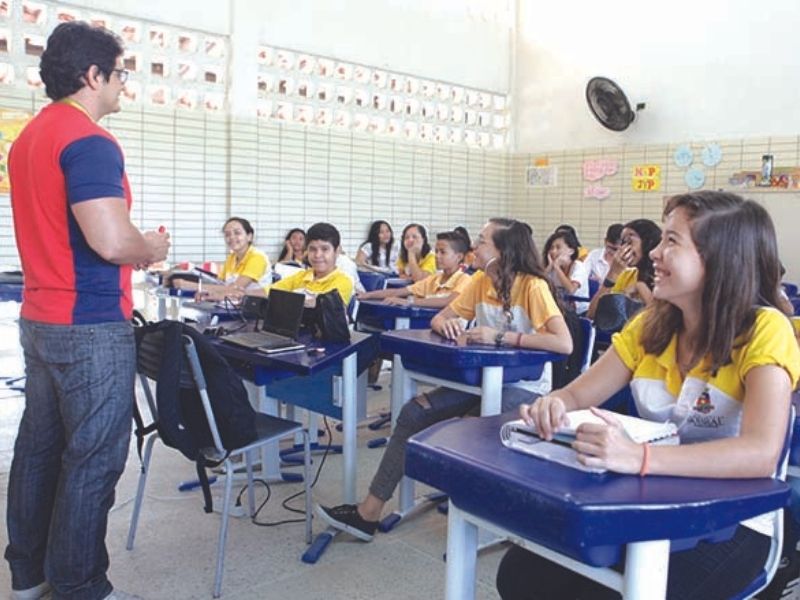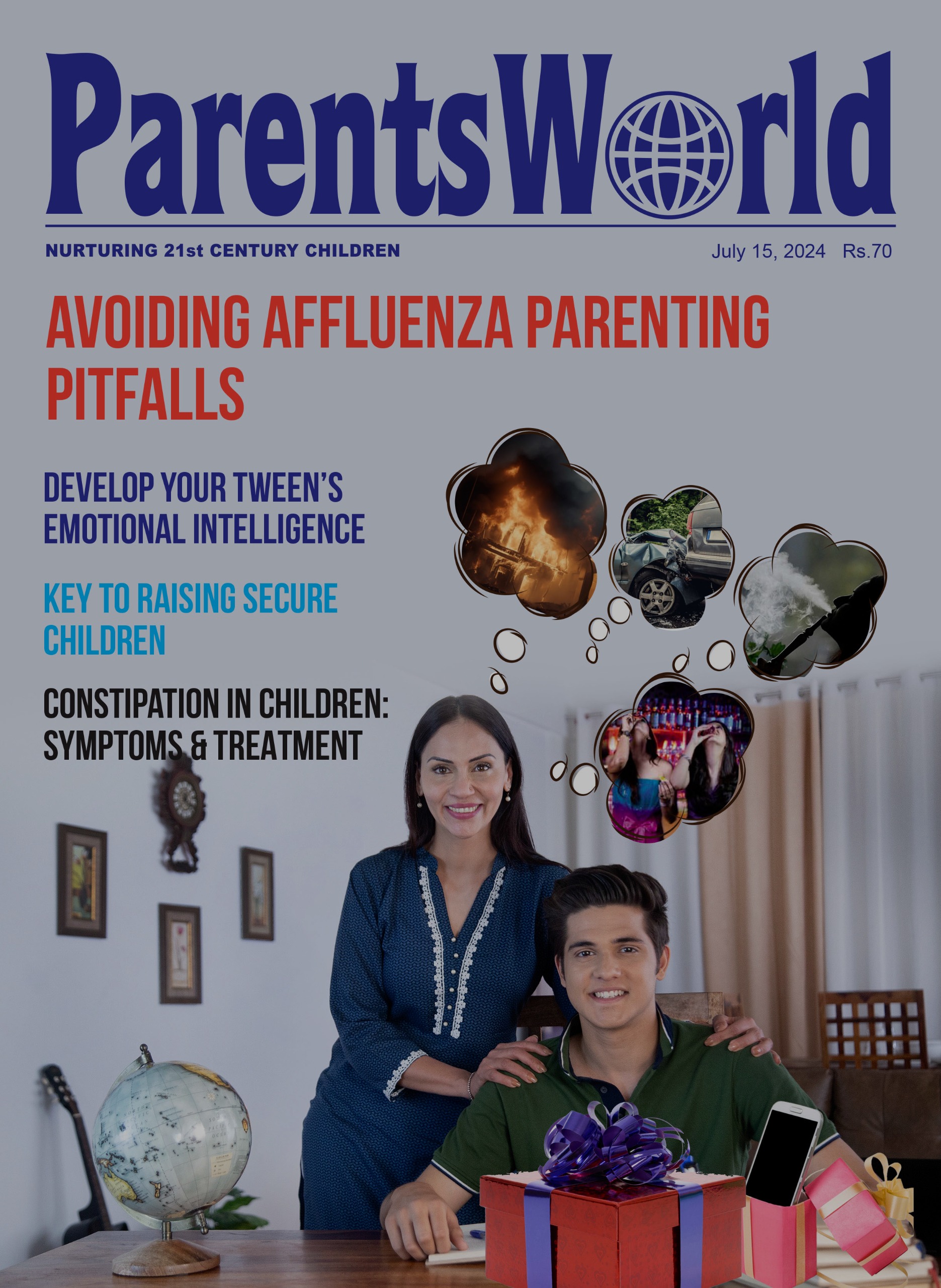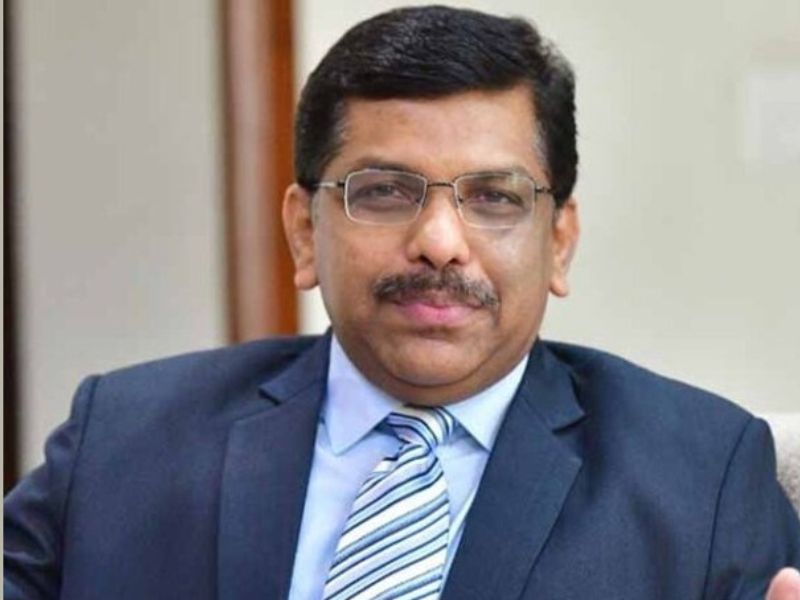
Secondary class in Sobral: rebooting model
When Amaury Gomes began teaching history in Sobral in the mid-1990s, its schools were a mess. The city of 200,000 people lies in Ceara, a baking-hot north-eastern state that has one of Brazil’s highest rates of poverty. When local officials ordered tests in 2001 they found that 40 percent of Sobral’s eight-year-olds could not read at all. One-third of primary pupils had been held back for at least a year. Staff were not much better, recalls Gomes. He remembers a head teacher who signed documents with a thumbprint, because she lacked the confidence even to scribble her own name.
These days Gomes is the boss of a local teacher-training college, and his city gets visitors from across Brazil. In 2015, Sobral’s primary-school children made headlines by scoring highest in the country in tests of maths and literacy, a milestone in a journey begun almost 20 years ago. The pandemic has thrust the city back into the spotlight as a model for educators seeking to reboot schooling after lengthy closures.
Success stories are important to Brazil’s beleaguered educators, now more than ever. Before the pandemic (as in India) only about half of children could read by the time they finished primary school, compared with nearly three-quarters in other upper-middle-income countries. In 2017, the World Bank warned that it could take 260 years before Brazil’s 15-year-olds are reading and writing as well as peers in the rich world. Since then many Brazilian pupils have missed around 18 months of face-to-face lessons as a result of school closures (most have now reopened). Few countries kept classrooms shut for as long. Data from Sao Paulo suggest that during this period children learned less than a third of what they normally would have, and that the risk of pupils dropping out tripled.
Jair Bolsonaro, Brazil’s president, seems to have no meaningful plan to get teaching back on track. Even before Covid-19 his educational policies were meagre. He said he wanted more schools to be run by the army and for Congress to legalise home-schooling. Yet his chaotic administration has not made much progress towards even these eccentric goals. It has churned through four education ministers in three years. There is one consolation, says Priscila Cruz of All for Education, a charity based in São Paulo. She thinks the vacuum in the federal government is making municipal and state officials keener to seek lessons from each other.
In the classroom, Sobral has focused obsessively on making sure small children can read. The city determined that every pupil would master basic literacy before entering third grade (when they are aged eight or nine). Examiners began listening to all children in their first years of school read aloud. These days local professionals run city-wide tests in maths and Portuguese for all grades. Teachers earn bonuses if their pupils hit minimum targets. Lesson plans pumped out by the city ensure that no teacher need start a class unprepared. Every teacher spends a day a month in training.
What makes Sobral’s story most compelling is that it has touched off improvements all across Ceara. In 2006 bigwigs from the city were elected to run the state government. They, in turn, gave cities more power to run their own schools. They also introduced a statewide literacy test for eight-year-olds, and increased the amount of training and flow of materials to teachers. Most notably, they made a bit of the money each city gets from the state dependent on improving school results.
New frontiers beckon. In 2018 Veveu Arruda, who served as Sobral’s mayor (2011-2016), set up an organisation — supported by the Lemann Foundation, a big charity, among others — that aims to help governments elsewhere in Brazil mimic some of the region’s reforms.
Also read: Brazil: Public-private schools gap
























